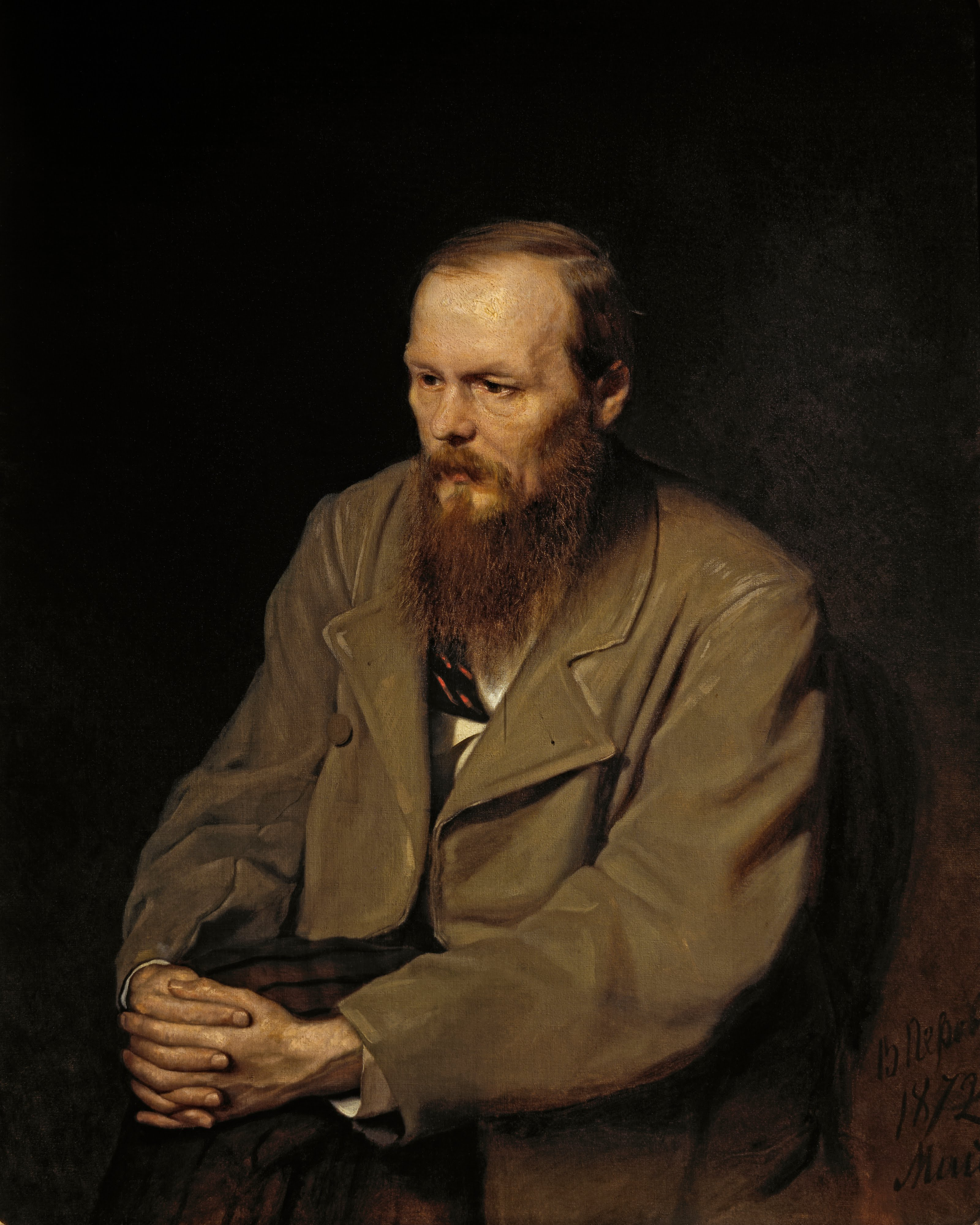Discover the profound wisdom of Fyodor Dostoyevsky through his most famous quotes. From the exploration of human nature and the pursuit of meaning to the complexities of love and self-destruction, these quotes offer a glimpse into the mind of one of the greatest literary masters of all time.
Fyodor Mikhailovich Dostoevsky, often known as Dostoyevsky, was a highly influential Russian novelist, short story writer, essayist, and journalist. Considered one of the greatest novelists in world literature, his works explore the human condition within the troubled political and social climate of 19th-century Russia. Dostoevsky delves into various philosophical and religious themes in his acclaimed novels such as Crime and Punishment, The Idiot, Demons, and The Brothers Karamazov. He is also recognized for his novella Notes from Underground, which is regarded as an early work of existentialist literature.
Born in Moscow in 1821, Dostoevsky developed a passion for literature at an early age through fairy tales and books by Russian and foreign authors. After experiencing personal hardship with the death of his mother and being arrested for belonging to a literary group critical of Tsarist Russia, he spent four years in a Siberian prison camp followed by six years of compulsory military service in exile. Despite facing financial difficulties due to his gambling addiction at times, Dostoevsky became immensely popular as a writer over time.
Dostoevsky's extensive body of work consists of novels, novellas, short stories, and other writings that have been widely read both within Russia and beyond its borders. His literary accomplishments influenced numerous later writers including Russian authors Aleksandr Solzhenitsyn and Anton Chekhov, as well as philosophers Friedrich Nietzsche and Jean-Paul Sartre. Translated into over 170 languages, Dostoevsky's books continue to inspire films and contribute to various literary movements such as Existentialism and Freudianism.
With a noble family background rooted in Russian Orthodox Christianity on his paternal side and merchant heritage on his maternal side, Dostoevsky had diverse familial roots. His father pursued a career in medicine and eventually became a senior physician, while his mother's lineage consisted of merchants. Dostoevsky's upbringing included spending summers in the town of Darovoye, where his family owned a small estate. He was one of eight children born to his parents and had siblings named Varvara, Andrei, Lyubov, Vera, Nikolai, and Aleksandra.
✵
11. November 1821 – 28. January 1881
•
Other names
Fiodor Michajlovič Dostojevskij,
Fëdor Michajlovič Dostoevskij,
Fjodor Michailowitsch Dostojewski
